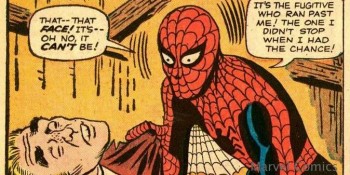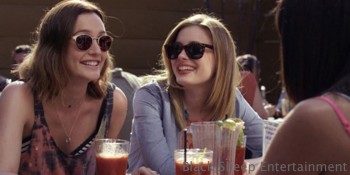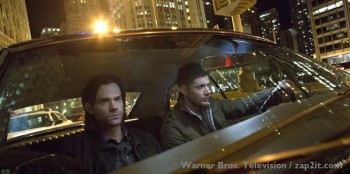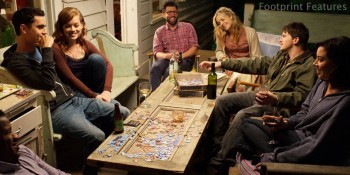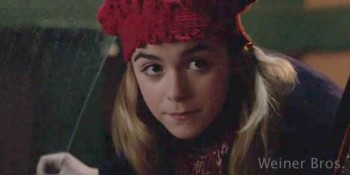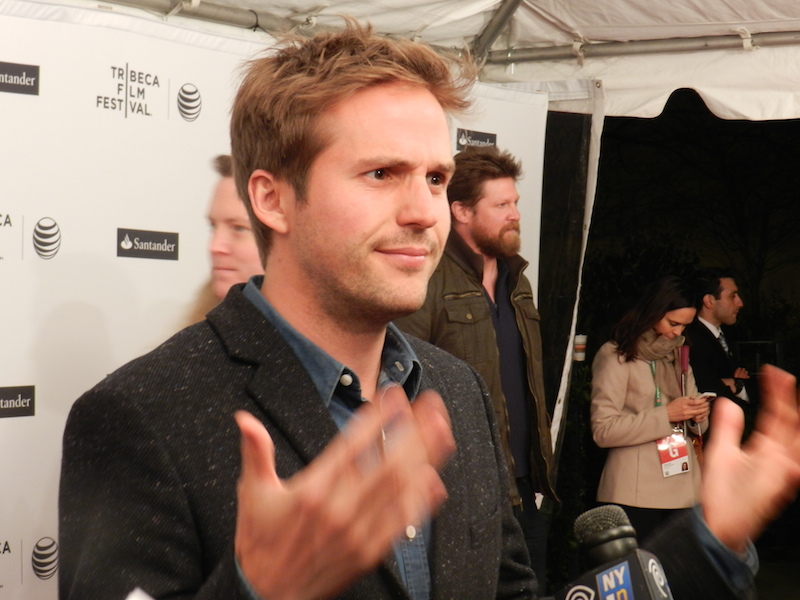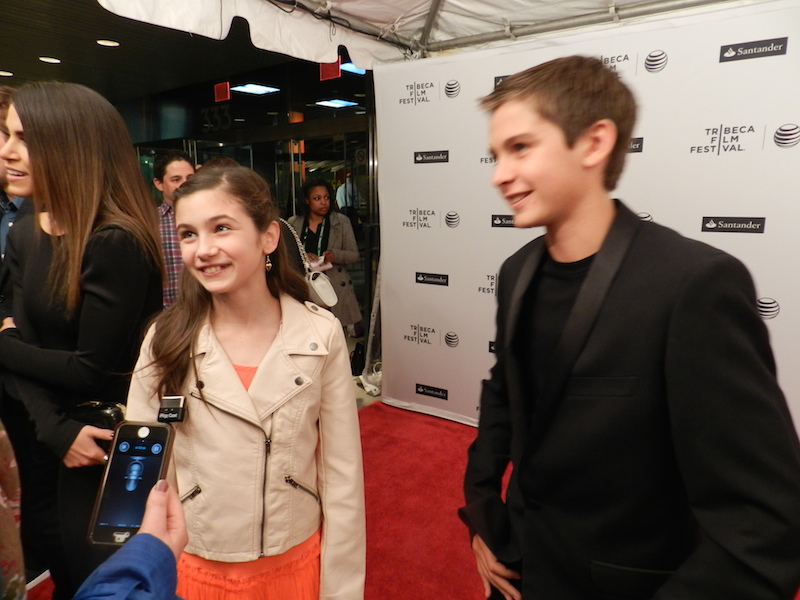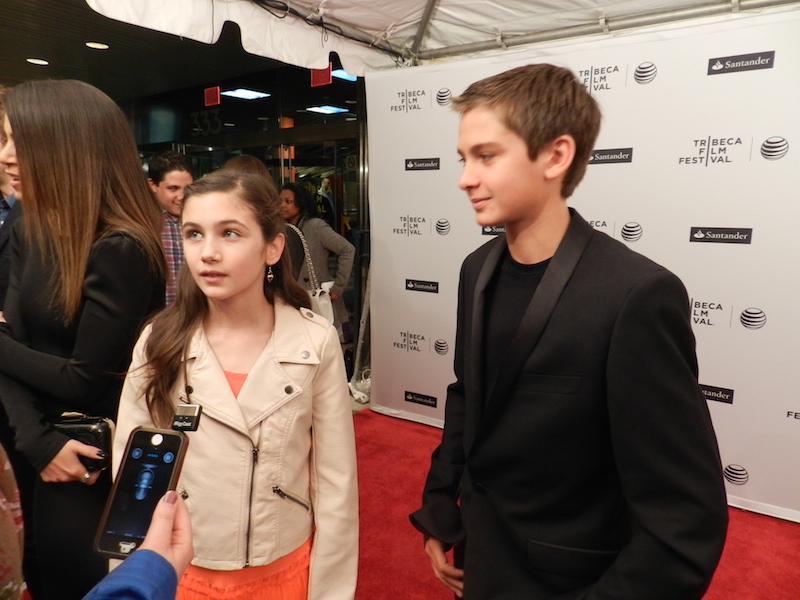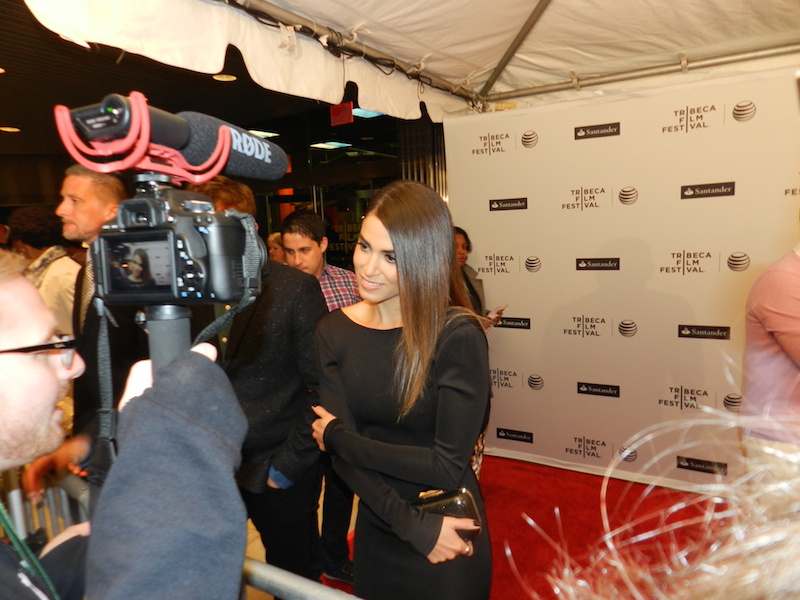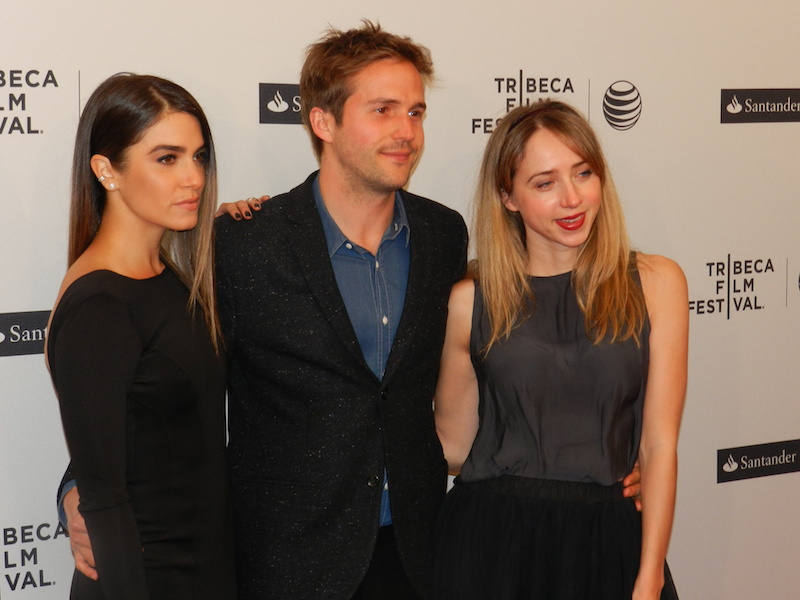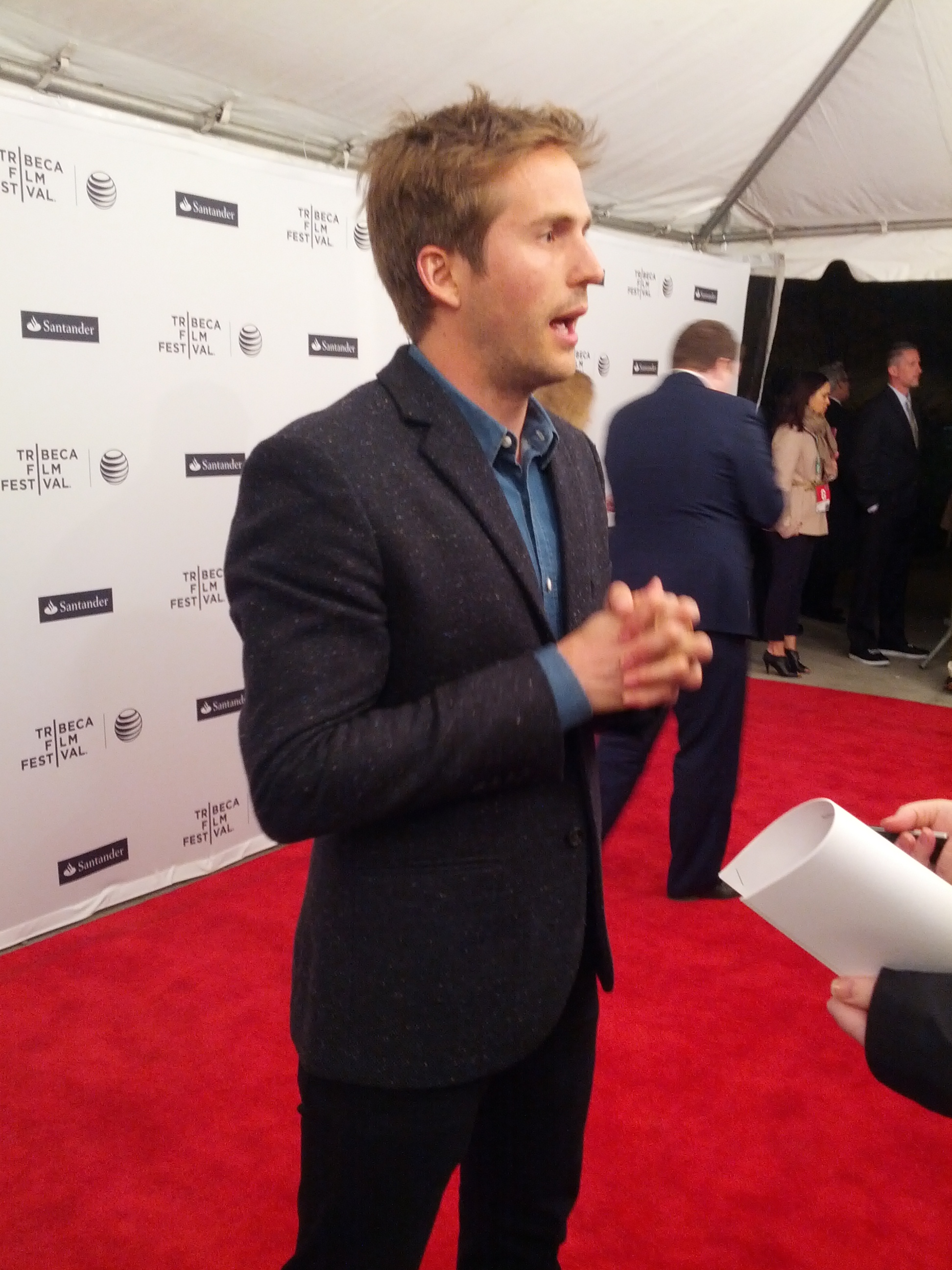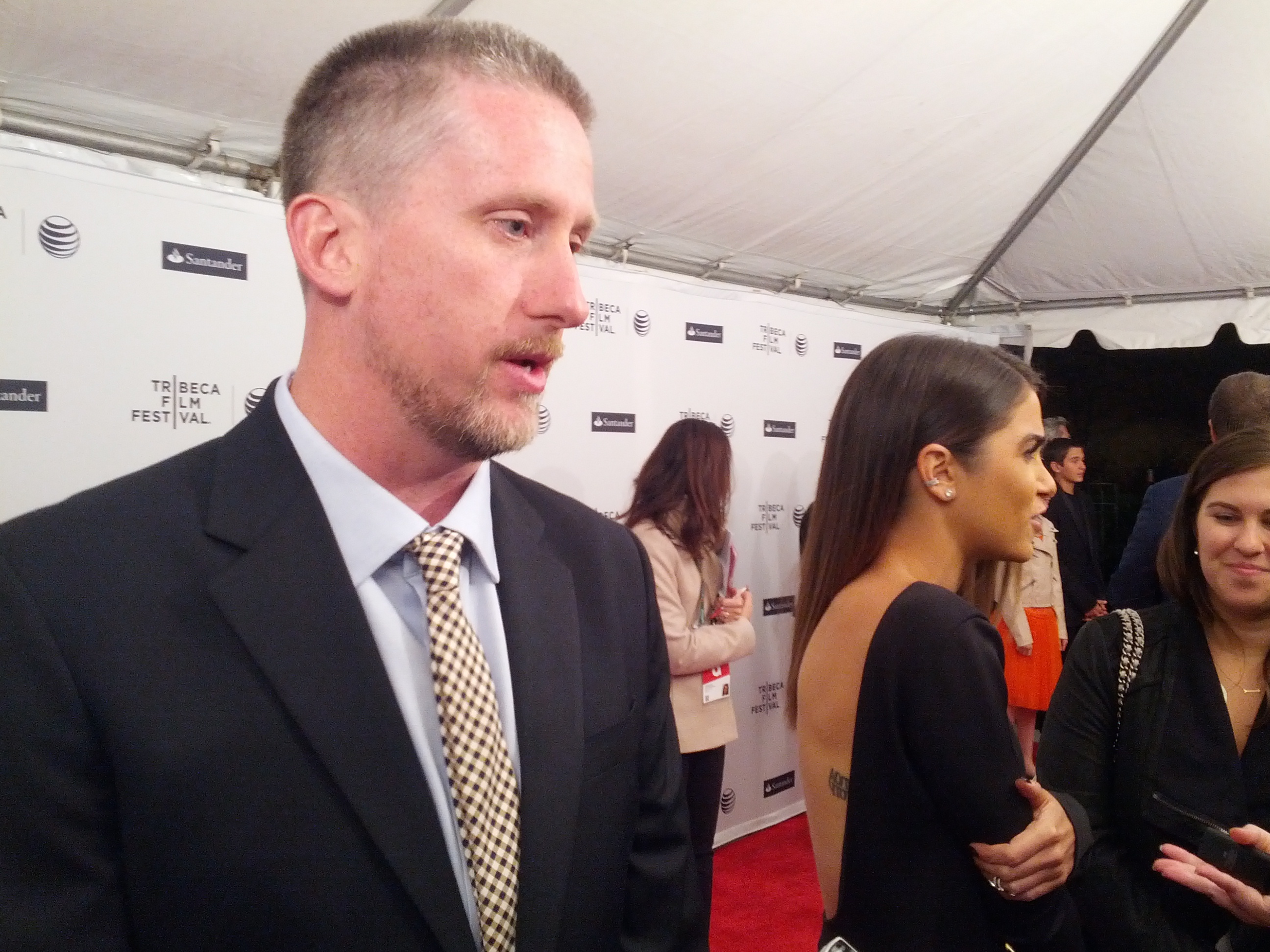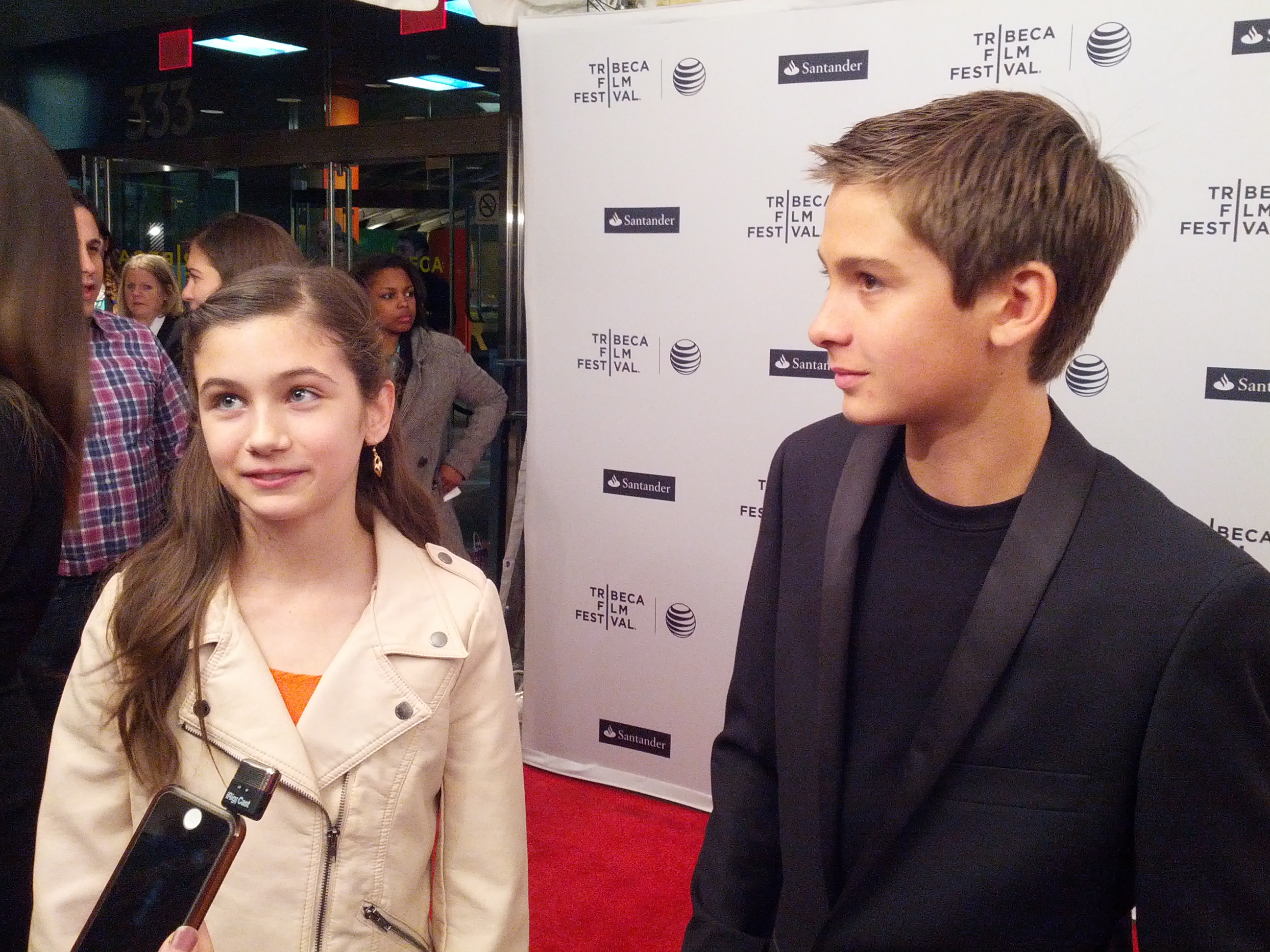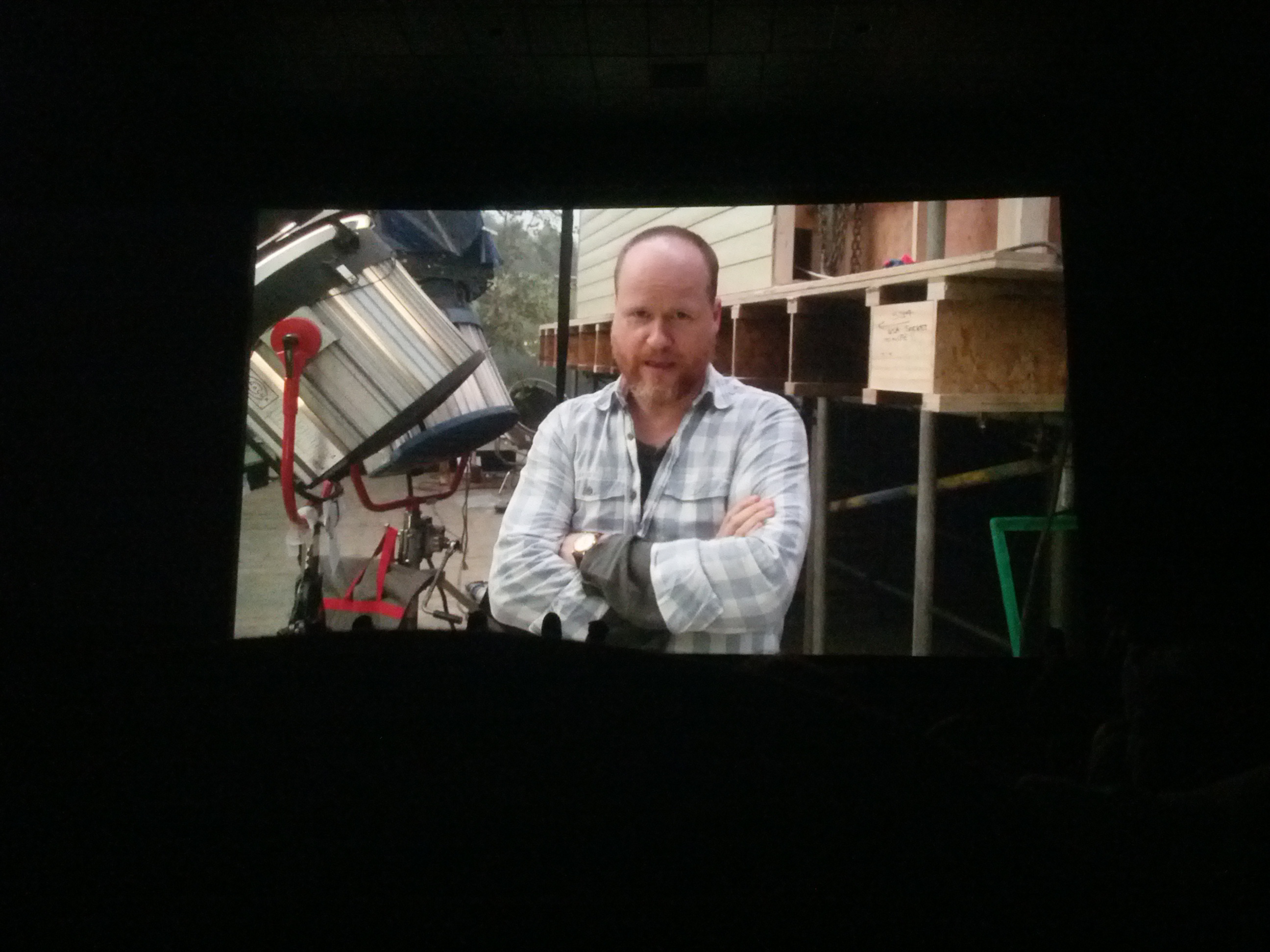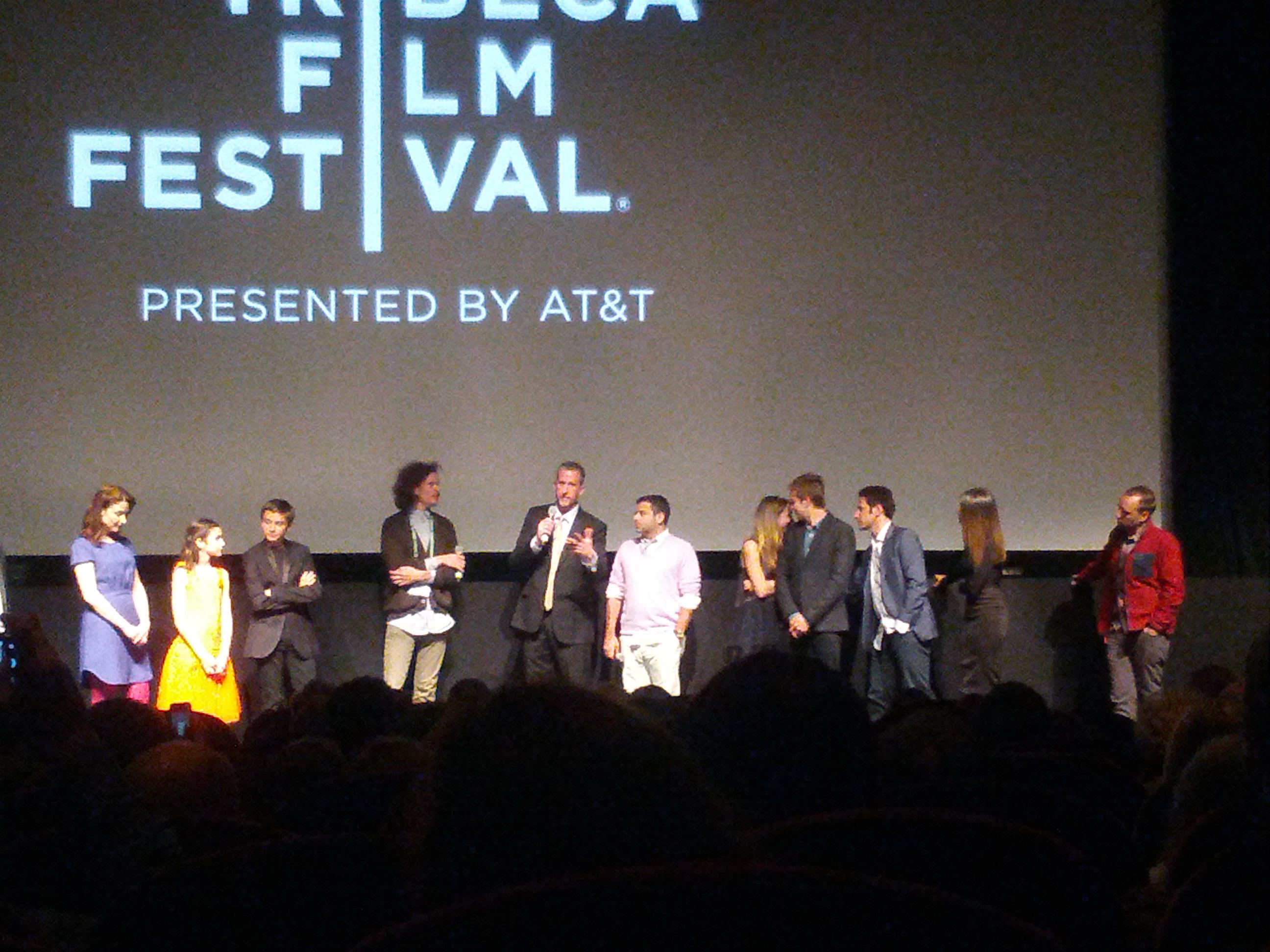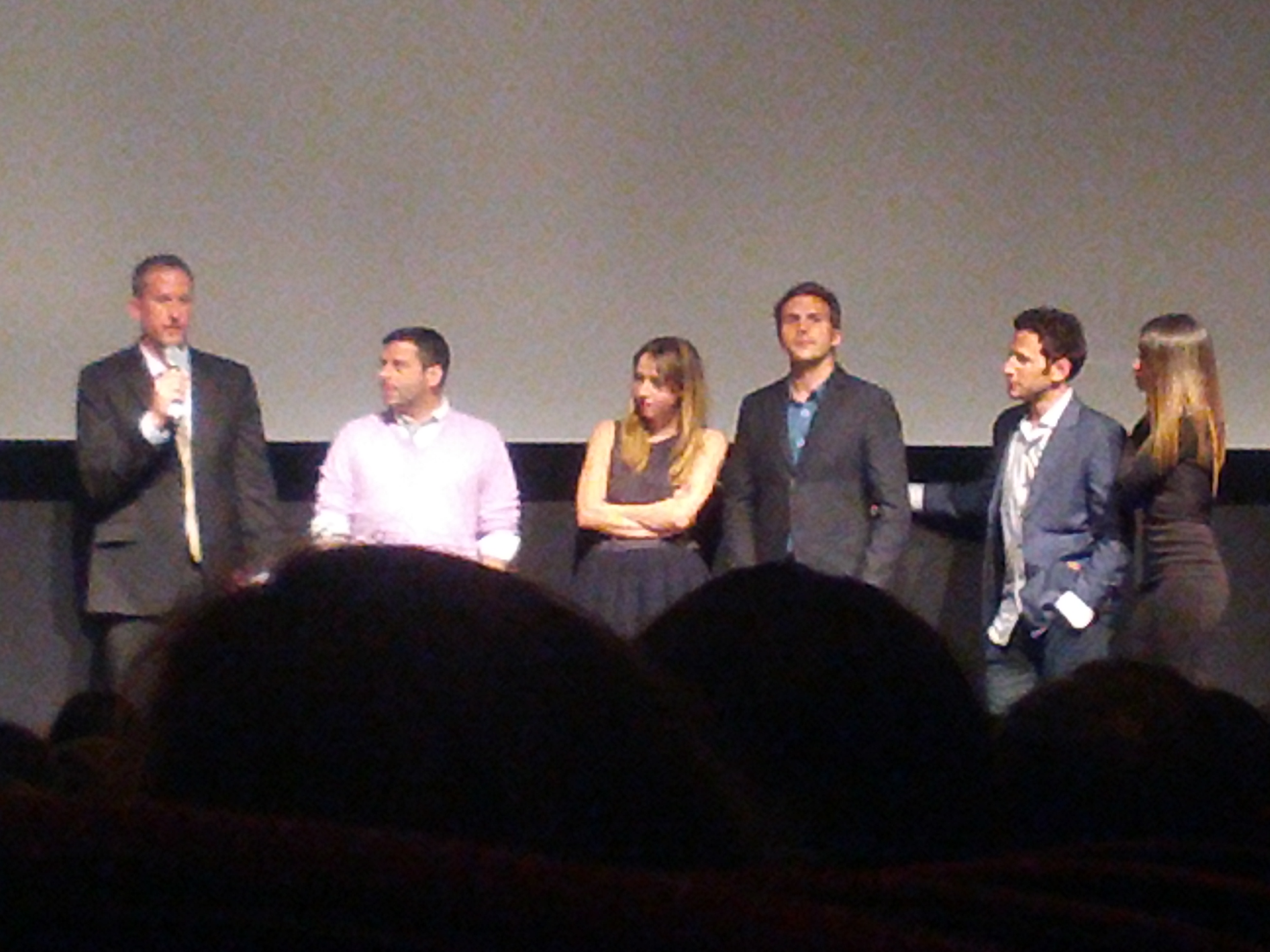Amazing Spider-Man received a lot of criticism upon its release in 2012 for being a reboot of a movie franchise that had only began 10 years before. Tobey Maguire’s portrayal of the lovable geek, Peter Parker, was still fresh in everyone’s mind when Andrew Garfield donned the costume. The newer movie was criticized even more for telling essentially the same story as the first: the origin of Spider-Man.
However, both movies were telling a tale from decades before, originated by Stan Lee and Steve Ditko in Amazing Fantasy #15. Rehashing this particular narrative is only appropriate, because Spider-Man’s debut story captures everything that makes him the hero he is.
Spider-Man’s origin story is essential to establishing the character. Without his tragic background, Spidey is just another faceless comic book hero. The moment Parker became a hero was not when he was bitten by a radioactive or genetically-enhanced arachnid, but was when his Uncle Ben died a tragic and unexpected death.
Parker was raised by his Aunt May and Uncle Ben, and their influence on him remains essential to the character to this day. The Parker introduced in 1962 was only a teenager and was still learning how to be a good person when his world was changed. Peter Parker gained amazing, bug-like powers from a spider bite — and quickly went on to make a lot of mistakes.
Parker’s growth reads like an evolution between two worldviews — not coincidentally, worldviews held by his co-creators. Spider-Man changes from a man looking out for himself to a man using his unique situation to help everyone else.
Lee, the author of Spider-Man, often used his comics as a soapbox for his worldview. Stan used The X-Men to discuss civil rights and race issues, employing Professor X as a stand-in for Martin Luther King. He also introduced the first black heroes in a major comic publication. And, despite being over 90 years old, Lee was recently tied to a project that was to unveil a gay superhero in a one-hour television special. Like Parker, Lee saw he had great power, and used it responsibly.
Ditko, the artist that first rendered Spider-Man, was different. Ditko was an advocate for objectivism and loved the works of Ayn Rand. Rand put forth the idea that selfishness is not a negative trait, and in fact, self-interest is a strong motivating force and a positive good. Following that philosophy led Parker into many problems he had to face head on.
As told in Amazing Fantasy #15, Parker gains the powers of Spider-Man from a radioactive spider bite. What did he do with these powers? Parker did just what Rand — and therefore Ditko — would want. Parker used the powers he received to better his own life by becoming a professional wrestler and television star to make money. Parker, used to being picked on and labeled a geek, was quick to use his new powers to flip the script and proved himself to be just as selfish as those who would mock him. During a robbery, Parker decided not to stop the thief, saying that from then on, he would look out for Number 1.
This objectivist trait of Parker did not last long. Parker’s Uncle Ben was killed by a burglar, causing Spider-Man to seek him out for revenge. However, when the thief is captured, Parker realizes that the killer was the same man he refused to stop earlier. This guilty realization, portrayed beautifully in both Spider-Man and Amazing Spider-Man, is the defining moment of the superhero.
For the rest of his life, Parker will have to live with the guilt of this murder. By refusing to stop the robber, he allowed the man to run free. While we know that Parker can’t be blamed for the death of his uncle in the strictest sense, we are also able to understand how the guilt could be crippling to the young man.
Parker learns from this mistake that, as a man with great power, he must accept great responsibility. It is in this moment that Spider-Man changes from an objectivist celebrity to a selfless hero.
It was important to include this entire story in both Spider-Man reboot movies because it is essential to who he is, just as it is essential that Batman’s parents die and Captain America is the iconic moral center of the Marvel Universe. Spider-Man is driven by a debt that he can never repay. His guilt at the loss of his surrogate father will never dissipate, but he can continue to fight for good in a way that would make Ben proud. In a sense, Parker is redeeming his failure by living for others, just as his uncle lived for him.
Garfield and Marc Webb did an incredible job creating a new but familiar story for Amazing Spider-Man. In doing this, Sony, which owns the rights to produce Spider-Man movies, opened up new possibilities for sequels. Sony had to continue making movies or risk losing the franchise. Without Maguire on board, the most sensible move was to start fresh, and thus Amazing Spider-Man was put into production.
The most important of the potential stories for future sequels involves Gwen Stacy, who was essentially a non-factor in the Sam Raimi movies. The Gwen story, which will have to be addressed at a later date, is as essential to Parker’s growth as his origin story, and looks like it will be fleshed out in Marc Webb’s sequel.
Amazing Spider-Man 2 hits theaters May 2. If you want to be prepared for the new movie by reading a heart-wrenching Spidey tale, check out Spider-Man: Blue by Jeph Loeb and Tim Sale. You won’t regret it.
It’s easy to understand why people bemoan the abundance of sequels and reboots Hollywood pumps out every year. But Sony was close to losing a lucrative franchise and had to act. In the process, we were given a strong, character-driven story that fully captured the life of a teenage superhero in a way that made his struggles relatable. And now we will be treated to a series of cohesive movies that give us both the emotional struggle, and the physical spectacle, that made Spider-Man comics so popular.
“And a lean, silent figure slowly fades into the gathering darkness, aware at last in this world, with great power there must also come great responsibility.”
